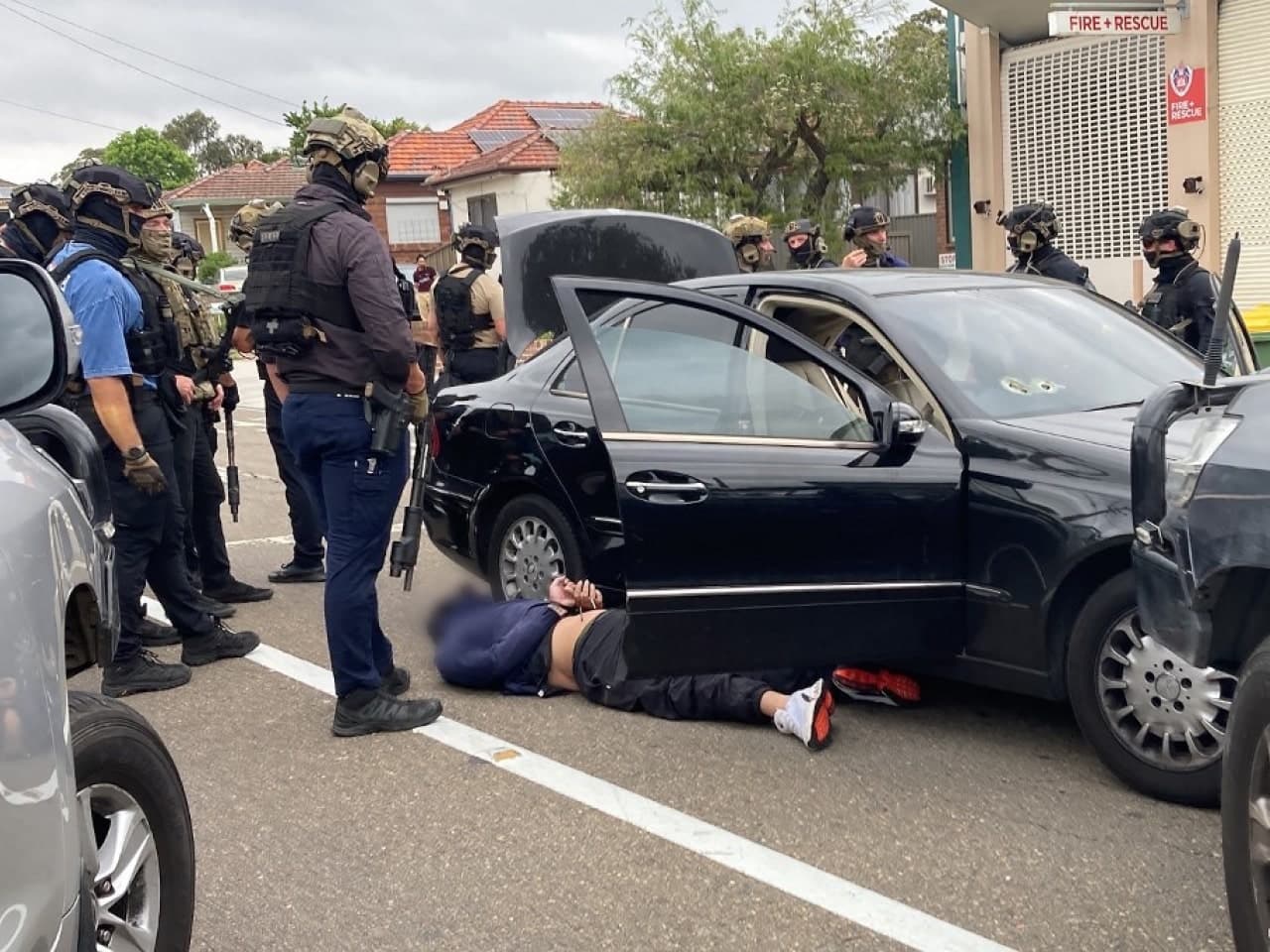We're loading the full news article for you. This includes the article content, images, author information, and related articles.
The execution of a Sydney mother over stolen drugs reveals the brutal tactics of transnational syndicates, a stark reminder of the persistent threat facing Kenya as a major narcotics transit hub.

GLOBAL – The recent charging of three men, part of an alleged “kill crew” in Sydney, Australia, has cast a harsh light on the ruthless methods of transnational drug syndicates, whose global operations present an ongoing security challenge for Kenya and the East Africa region.
New South Wales (NSW) Police confirmed on Friday, 24 October 2025 EAT, that three men aged 20, 21, and 32 were charged with the murder of Thi Kim Tran, a 45-year-old mother of two. The charges follow an intense investigation into her death on Thursday, 17 April 2025. Ms. Tran was kidnapped from her Bankstown home by a group of masked assailants who also brutally assaulted her eight-year-old son with a baseball bat. About an hour after the abduction, her body was discovered bound and gagged inside a burnt-out vehicle in the nearby suburb of Beverley Hills.
According to a statement from NSW Police Detective Superintendent Joe Doueihi, investigators believe the attack was a targeted act of retribution. The motive was allegedly linked to Ms. Tran’s husband and his involvement with a Victoria-based organized crime network. Police allege the husband had stolen up to 80 kilograms of drugs from the syndicate, prompting them to hire the hitmen to recover the narcotics and kill him. When they were unable to locate him, the crew allegedly sent him an image of his captive wife before killing her within 40 minutes. Authorities have stated that Ms. Tran was not aware of her husband's alleged criminal dealings.
While Australian authorities have not indicated a direct link between this specific syndicate and East Africa, the case serves as a powerful illustration of the global nature and extreme violence of the drug trade—a trade in which Kenya plays a critical role as a transit nation. Numerous international bodies have identified Kenya as a key gateway for narcotics moving through Africa to markets in Europe and Asia.
A 2025 report by the Eastern and Southern Africa Commission on Drugs (ESACD), launched in Nairobi, highlighted that massive volumes of heroin, cocaine, and methamphetamine slip through the country's ports, airports, and land borders, often hidden within legitimate cargo. Traffickers exploit Kenya's long Indian Ocean coastline and the high volume of traffic at the Port of Mombasa to move their products. According to the U.S. State Department, Southwest Asian heroin is transported in multi-hundred-kilogram quantities by dhows to the Kenyan coast before being distributed globally.
Australia's high street prices for illicit drugs make it a highly profitable destination for traffickers, and routes from Africa are well-established. There have been significant seizures connecting the two regions. In one notable incident, the Royal Australian Navy intercepted a dhow off the coast of Mombasa carrying 1,032 kilograms of heroin hidden among bags of cement. More recent intelligence from 2025 confirms that increasing volumes of cocaine from South America reach coastal states like Kenya for onward shipment.
These operations are run by sophisticated, multi-national criminal organizations. In Australia, law enforcement has identified and disrupted networks involving Vietnamese, Chinese, and Middle Eastern crime syndicates, among others. The murder of Ms. Tran, allegedly carried out by a contracted “kill crew,” underscores a chilling evolution in syndicate tactics, where family members are no longer considered off-limits. This level of brutality poses a significant threat to public safety and the rule of law in transit countries like Kenya, where the profits from drug trafficking fuel corruption and violence.
As the investigation into Thi Kim Tran's murder continues in Australia, with four men now facing charges, the case is a sobering reminder for Kenyan authorities and the public. The intricate web of global drug trafficking, driven by immense profits and enforced with brutal violence, means that a syndicate dispute in Victoria, Australia, reflects a clear and present danger to the security and stability of nations thousands of kilometres away, including Kenya.
Keep the conversation in one place—threads here stay linked to the story and in the forums.
Sign in to start a discussion
Start a conversation about this story and keep it linked here.
Other hot threads
E-sports and Gaming Community in Kenya
Active 9 months ago
The Role of Technology in Modern Agriculture (AgriTech)
Active 9 months ago
Popular Recreational Activities Across Counties
Active 9 months ago
Investing in Youth Sports Development Programs
Active 9 months ago